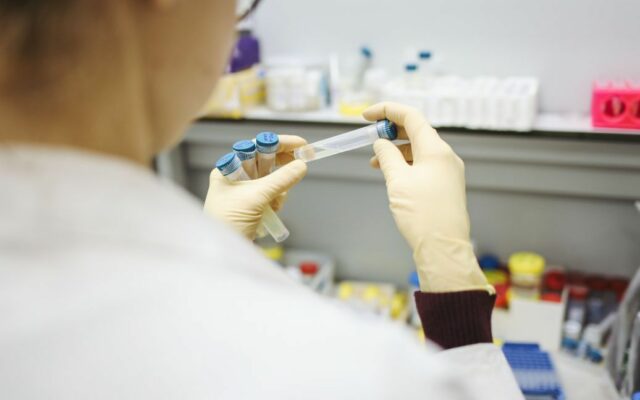# Understanding Childhood Pain Memory and Its Impact on the Immune System
Have you ever wondered why certain experiences from childhood seem to stick with us, shaping our reactions to pain throughout life? Recent research sheds light on this complex phenomenon, revealing fascinating insights about how our bodies retain «memories» of painful sensations. This research not only deepens our understanding of childhood trauma but also offers potential implications for the treatment of pain and immune responses in adults.
## The Role of Macrophages in Pain Memory
According to a groundbreaking study from Cincinnati Children’s Hospital Medical Center, macrophages — essential cells in our immune system — play a significant role in storing information about childhood pain. These cells are known for their ability to fight infections, but it turns out they also have a memory function when it comes to pain.
### Key Findings:
— **Pain Response Variation:** When examining male and female mice, researchers discovered that female mice exhibited stronger and longer-lasting pain responses after experiencing trauma during childhood. In contrast, while male mice showed similar epigenetic changes due to childhood trauma, their pain memory was less persistent.
— **Impact of Injury on Pain Memory:** Injuries to stem cells lead to heightened sensitivity in macrophages, amplifying pain sensations. This intriguing link suggests that the body’s response to prior trauma can significantly influence future pain experiences.
For instance, consider someone who went through a painful event as a child, such as a car accident. Their immune system might remember that trauma, leading to heightened pain responses later in life even if they experience mild pain, such as a sprain from a minor fall.
## Long-Term Effects of Childhood Trauma
As noted by Michael Yanovsky, deputy director at the Cincinnati Children’s Pain Research Center, the impact of early trauma can profoundly alter systemic cellular functions. This long-term modification has essentials implications:
— **Duration of Memory Formation:** It takes about 10 to 15 years for this «memory» of pain to fully develop, highlighting how enduring childhood experiences can shape our adult lives.
— **Gender Differences:** The research suggests that women may be more prone to hold on to painful memories, which can amplify chronic pain issues later on.
Analytical data indicate that nearly **30% of people with chronic pain** report it began as a result of childhood trauma, underscoring the importance of addressing psychological as well as physical health.
## Potential Treatment Insights
Additionally, researchers found that blocking the p75NTR receptor in young mice significantly reduced their ability to transmit pain information, leading to a diminishment in pain intensity. While this discovery is promising, it raises critical questions about safety and efficacy when applying these techniques to humans.
### A Unique Perspective on Pain Management:
— **Cognitive Behavioral Therapy (CBT):** For adults struggling with pain linked to childhood trauma, therapies such as CBT can provide crucial coping mechanisms. Studies show that CBT can lead to a reduction in chronic pain symptoms by addressing the psychological aspects of pain memory.
— **Mindfulness and Meditation:** Incorporating mindfulness practices can also help in managing pain. For example, a study reported that individuals practicing mindfulness meditation showed significant decreases in pain perception and emotional reactivity to pain.
## Conclusion: Bridging the Gap Between Childhood Experiences and Adult Health
The revelation regarding macrophages and their role in pain memory is a reminder of how our early experiences shape our health. Understanding this relationship opens doors to potential treatments that could address not only the physical manifestations of pain but also the underlying causes rooted in childhood trauma.
As we learn more about the immune system’s complexities, the fusion of mind and body becomes increasingly apparent. The insights gleaned from this research not only enhance our understanding but also empower us to tackle pain management in more holistic, effective ways. Let’s continue this conversation about how we can bridge the gaps in our understanding of pain, trauma, and healing, paving the way for a healthier future.






